











More and more people are trying to invest in NFT and making the most of this opportunity to promote their brand. While it's still in its infancy, the NFT legal issues cannot be undermined. It's not something complicated; it's just that every NFT enthusiast should be aware of its potential legal challenges. The following are some of the most commonly asked about legal aspects of NFTs.
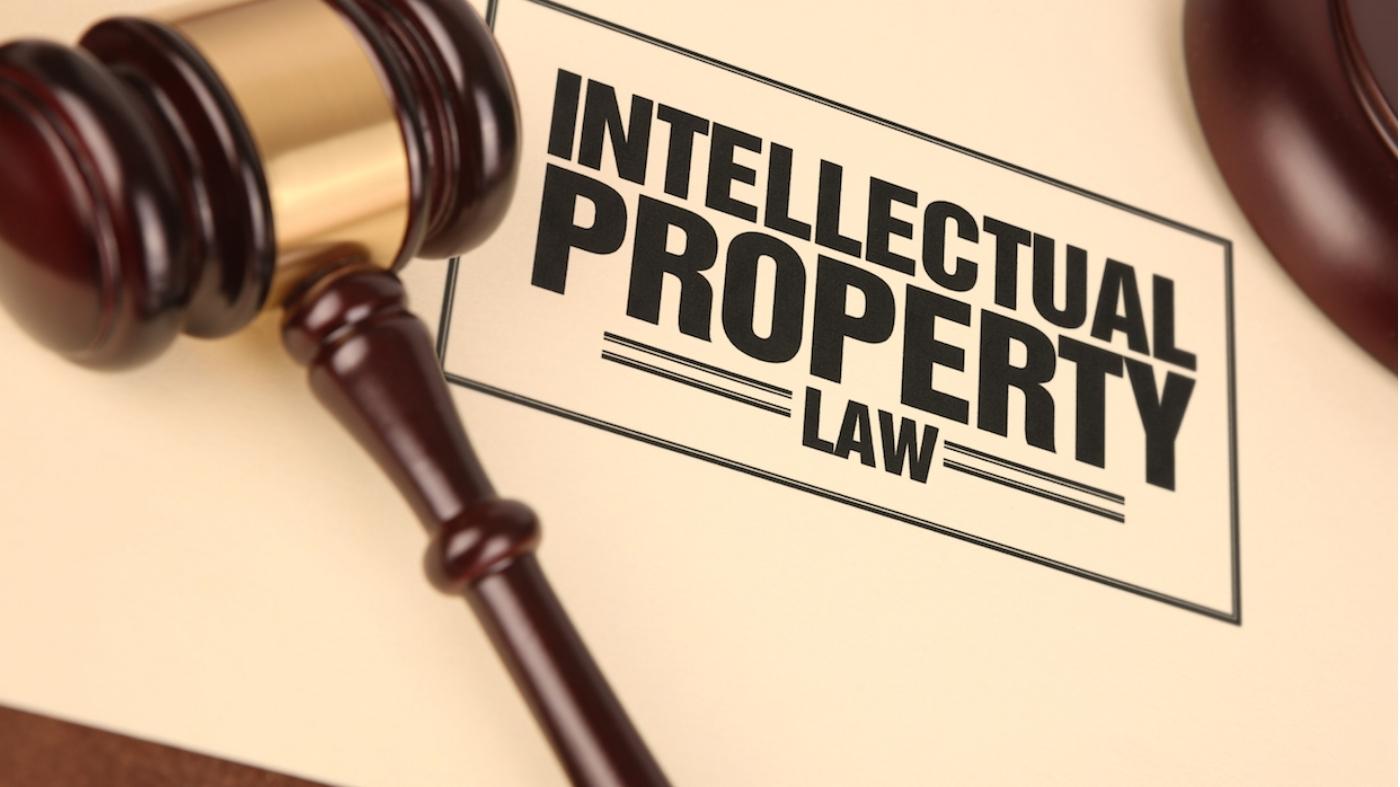
NFT creator or owner doesn't inherently own IP rights over their asset. Instead, the license must be acquired from the original creator so that the NFT holders gain the right to recreate the initial work. People with such rights typically also impose additional restrictions regarding how and by what means NFTs can be utilized.
For instance, LeBron James' famous slam-dunk video that is released as one of the NBA limited-edition collectibles. People can purchase and resell it in the NBA Top Shot marketplace. Even if you buy it, the copyright remains with the NBA. It will be subject to NBA license restrictions if one ever reproduces it.
Related Article: Very Easy! 6 Ways on How To Become NFT Creator!
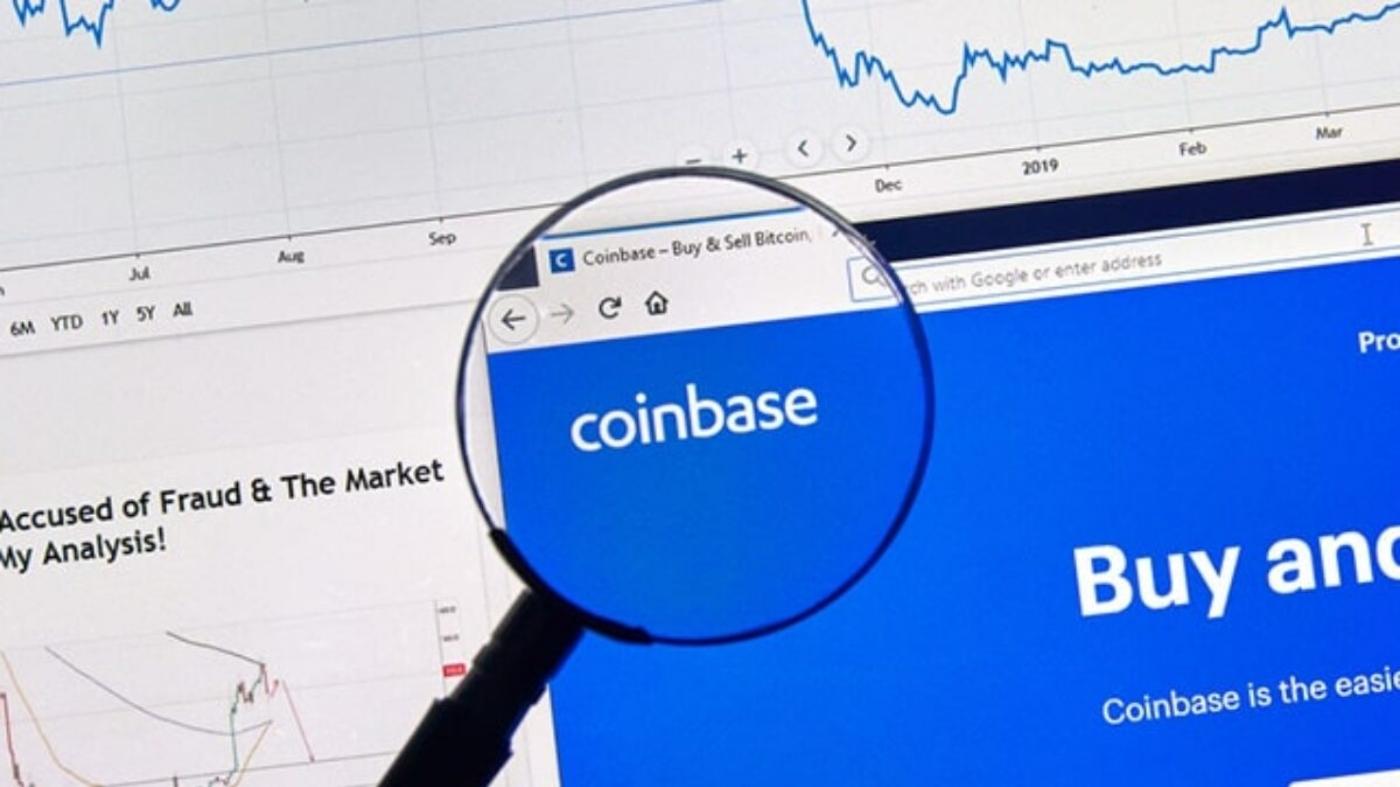
Many marketplaces are now dealing with the NFT's fractionalization to encourage many traders to participate in an overpriced offer. This situation is nearly identical to an index fund. Fractionalized NFTs refer to a single or group of non-fungible tokens submitted in a specific quantity.
These fractionalized NFTs were classified as unregistered securities by the Commissioner of SEC, Hester Peirce. It's a debatable topic, and as long as the local authority has yet to take action, it's still worth trying to delve more into the NFT world.

It's important to note that NFTs have prompted the establishment of various laws, including the anti-money laundering (AML) regulations. The AML regulation in the US has been broadened to include antiquities and artworks dealers. However, it's unclear whether the law will apply to NFTs.
As you probably already know, NFTs are not the same as antiquities. Therefore, specific law enforcers may try to cram in the trades of non-fungible tokens. They will classify those deals as antiquities solicitation, bringing them inside the AML's purview.
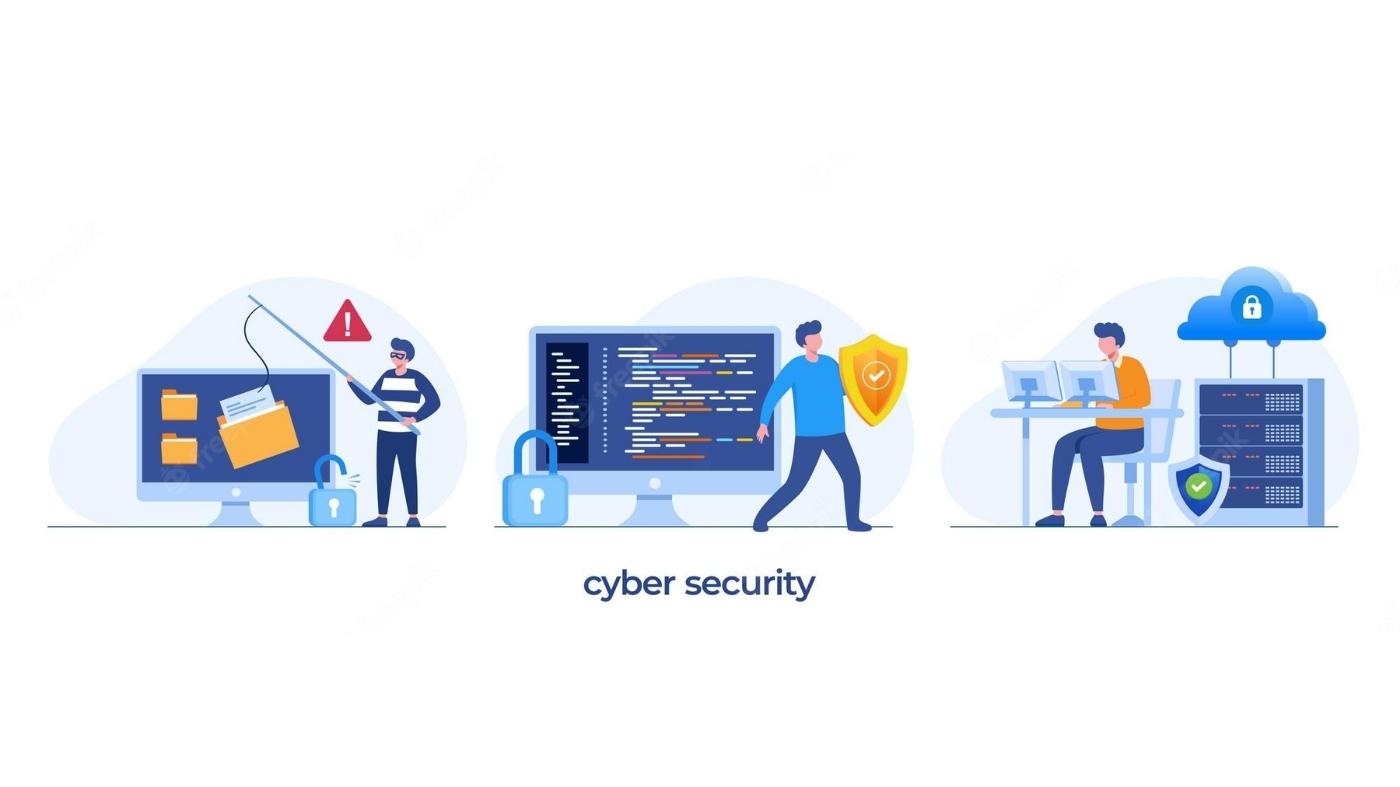
It's always recommended to save NFTs on a blockchain network, for it can help in identifying the current location of the asset. Meanwhile, the NFT-related digital assets are stored in a different place. A link is available to connect between the asset and NFT.
The NFT will automatically become worthless if the asset is permanently erased. There are no ways the NFT could be backed up. As a result, the purchaser runs the risk of being stuck with no alternative. If it occurs, it will lead to the loss of critical data, disruptions, and data storage breaches.
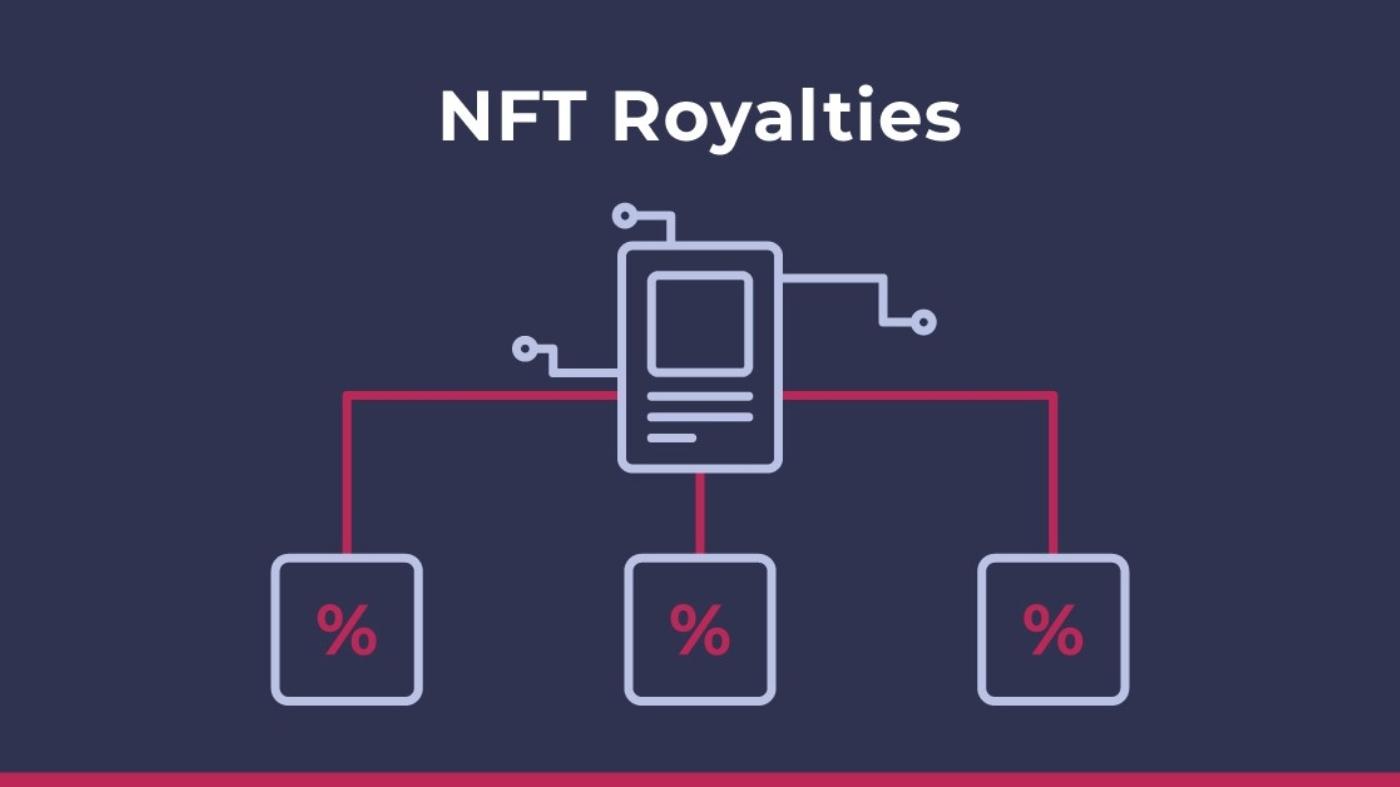
Paying royalties to NFT creators may be possible as long as smart contracts are integrated into the NFTs' code. A seller will automatically get paid the moment they sell their artwork. If they want to resell it and obtain immediate royalty payments, the resell must be conducted at the same marketplace.
While in the US, these resale rights are not concerning NFT legal issues, it does in many European countries. Simply put, if a buyer obtains an NFT on a marketplace X, transfers it to their digital crypto wallet, and resells it on a different marketplace, the token's original creator will receive nothing.

The US and European countries implement similar laws on personal data where users sometimes have access to completely delete the information. However, due to some restrictions a blockchain may impose, users may be unable to do this. Besides, it will be classified as a data protection violation if an NFT includes users' private data.
Regulations on data protection allow users to correct errors in their information. Blockchain technology once again makes it impossible. An NFT containing personal data is not only violating data protection laws but also individual rights. This, of course, causes a lot of concerns.
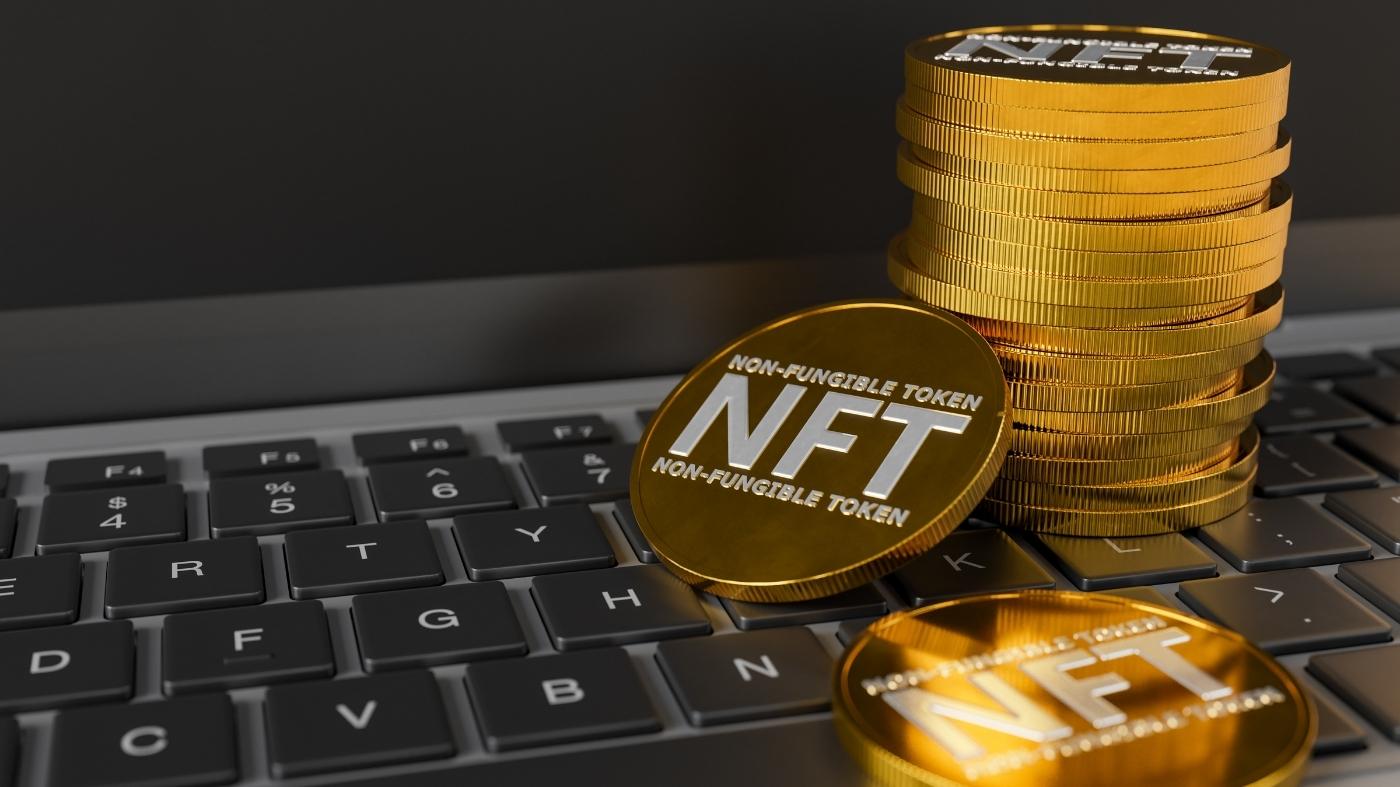
Estate planning isn't something to overlook if you wish your heirs to inherit your digital assets. In this case, NFTs must be strategically included in the estate plan, which requires careful preparation. NFTs can only be accessed with a password and personal key. Besides, many are often unsure of what to do with the assets upon the death of the original owner. Therefore, it's necessary to keep essential data like the password and key in a separate, highly secure location. Also, one should be aware of the potential threats related to this access sharing.

Leaving your digital token through your Trust is always advised. You can use a digital legacy to store the password and key so that the NFT's future owner can pass it on to someone else later. In this case, the trustees must fully understand their own responsibility as the keeper of someone else's valuable assets. NFTs are inherently volatile; thus, you should carefully choose a reliable trustee for keeping your assets. You will also need the help of an attorney to properly structure the ownership rights and all stuff related.
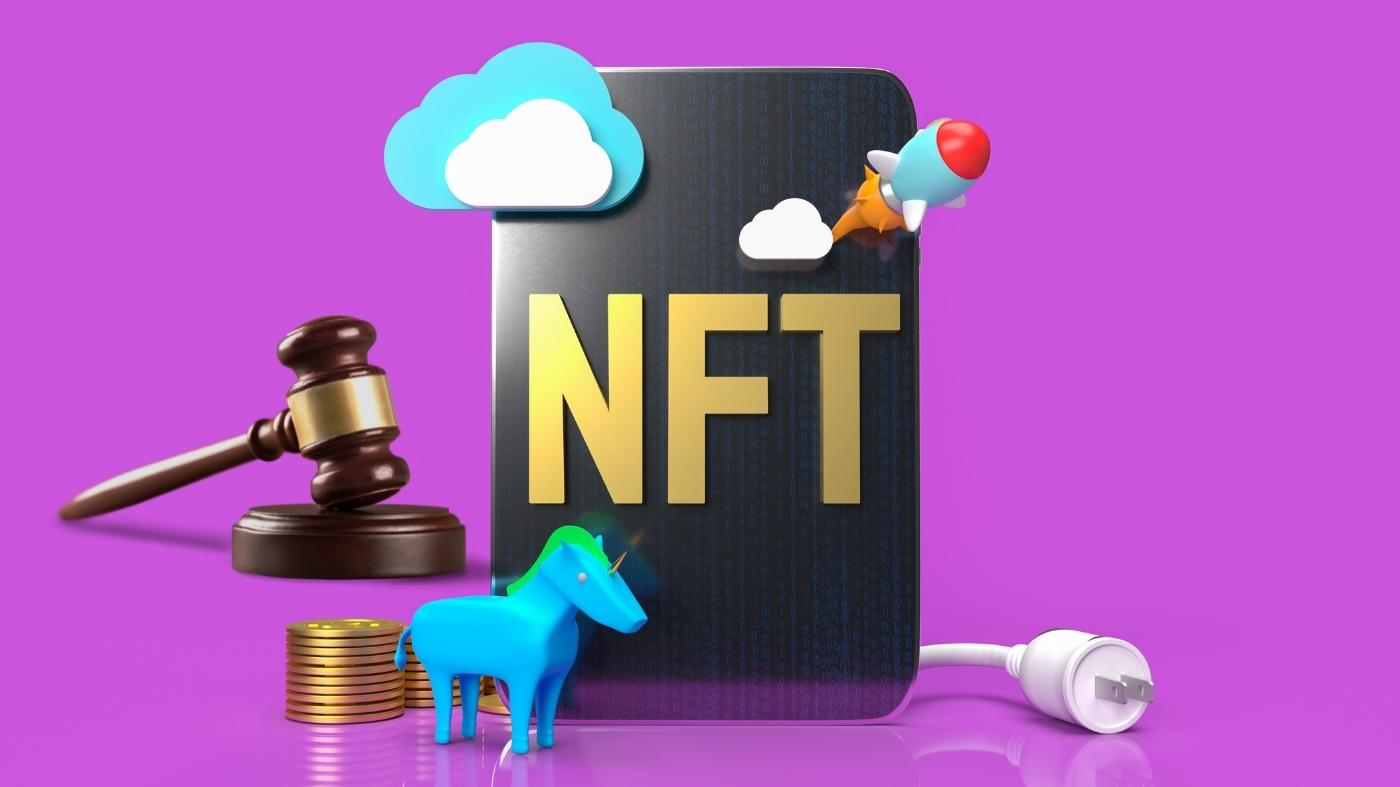
In most cases, NFTs are taxed. It would be subject to tax regulations if it's an asset. If you just create a token, it's not taxed. But if you are selling it, then it's a whole nother story. OpenSea is one of the marketplaces that has its own NFT taxes. Here, all earnings you make are classified as personal income that is subjected to taxation.
The tax rate from the profit of selling NFTs is usually around 15% because it's categorized as self-employment taxes. Despite the fact that most authorities have validated this number, there are still some uncertainties about this tax aspect. Therefore, one should always refer to their own local regulations since taxation rules vary from one country to another.
The NFT legal issues above are not something you should consider to be the risks of delving into the non-fungible token world. Instead, those are considerations you have to always keep in mind prior to creating or even investing in an NFT in order to protect you from any disadvantageous situations.
No Comment